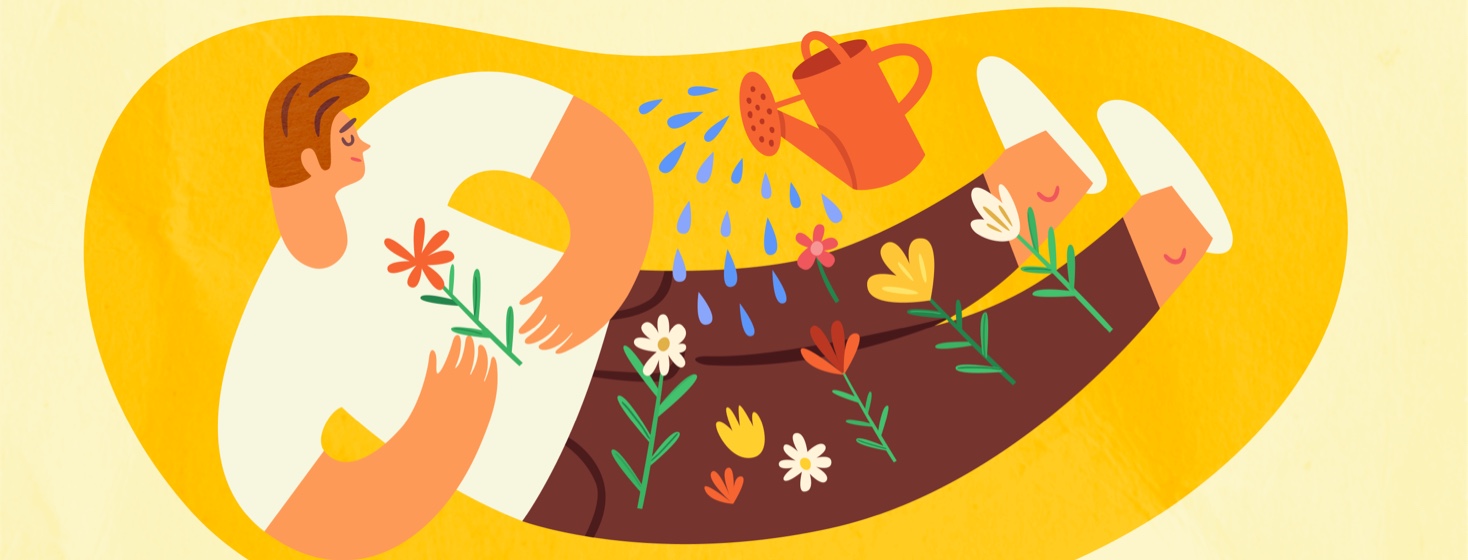Help for Advanced Breast Cancer Caregivers
Being a caregiver for a loved one with advanced breast cancer can be challenging. Though it certainly is a difficult job, it can come with rewarding moments as well, especially when things are running smoothly. As a caregiver, you can take steps that may help make your role easier.
Managing uncertainty
Treating advanced breast cancer can come with a lot of uncertainty and waiting. No one can know what the future holds, which can be overwhelming when facing cancer. It is hard to predict how a person will respond to treatment, what side effects they might face, or if the cancer will come back. On top of this, you can face long delays in getting new information, such as test results.1
This uncertainty can be overwhelming. However, you may be able to take steps to help manage it. Some things that might help include1:
- Accepting rather than fighting the uncertainty
- Educating yourself on advanced breast cancer and treatments, which can give you a sense of control
- Taking time for your own hobbies to help you relax and keep your mind off caregiving
- Focusing on the things you can control, like lifestyle choices
- Addressing your feelings and fears with a counselor or loved one
Options for helping your loved one gain independence
There may be resources available to help your loved one with tasks that are usually your job. Using these resources can lighten your load and help your loved one gain a sense of independence.
Assistive devices, adaptive equipment, or independent living aids are names for tools that may help your loved one accomplish tasks on their own. These devices can be complicated, like lifts used for moving, or medical alert systems. But they can also be simple solutions, like shower chairs, grab bars, pill organizers, or walkers.1
Helpful assistive devices will be different for different people. It can help to brainstorm tasks you think your loved one can accomplish on their own and decide if a device could make it easier. If you need help, you can also ask the cancer care team or an occupational therapist for their suggestions.1
Reaching the end of treatment
When treating advanced breast cancer, there is usually a time when treatment is expected to end. At this point, there are usually 3 main outcomes1:
- The treatment worked, and the person enters a time of recovery and healing
- The treatment did not have the desired effects, but treatment will continue
- The treatment is no longer helping, and your loved one decides to end treatment
If the treatment worked, you still may have responsibilities as a caregiver. This time can be stressful because there are typically fewer appointments when you can check in with the cancer team. It may be helpful to compile questions as they come up so you can ask them at future appointments. This is also a good time to organize treatment records, which may be helpful in the future.1
If the treatment is continuing for longer than expected, a caregiver can be in a demanding role. Caregiving needs in this case will be different for everyone. Sometimes people with cancer and their caregivers will go back to work and be more independent. However, some people will still need a lot of help. It can help to discuss needs with your loved one and their cancer care team so you understand your responsibilities.1
If the treatment is no longer helping, your loved one may decide to stop treatment. This is a big decision that is very difficult to make. It may be helpful to reach out to the cancer care team or a mental health professional for help making this choice. This time can also be very difficult for a caregiver, and you may also want to speak to a counselor or mental health professional to address your emotions.1
Taking care of your emotions
Being a caregiver often comes with a complicated set of emotions. Despite all the good work they do, many caregivers feel shame or guilt. It is easy to feel like you are not doing enough for a loved one, even when you are going above and beyond.2
It is important to understand that your loved one’s condition is not a reflection of your caregiving skills. It helps to accept any mistakes you have made and try not to dwell on them. Lastly, you can avoid interactions with people who may critique your caregiving, such as a judgmental relative.2
Many cancer care teams offer a variety of resources for caregivers. Talk to your loved one's team about the available options, and do not be afraid to ask for help. Taking care of yourself is an important part of being a caregiver.

Join the conversation